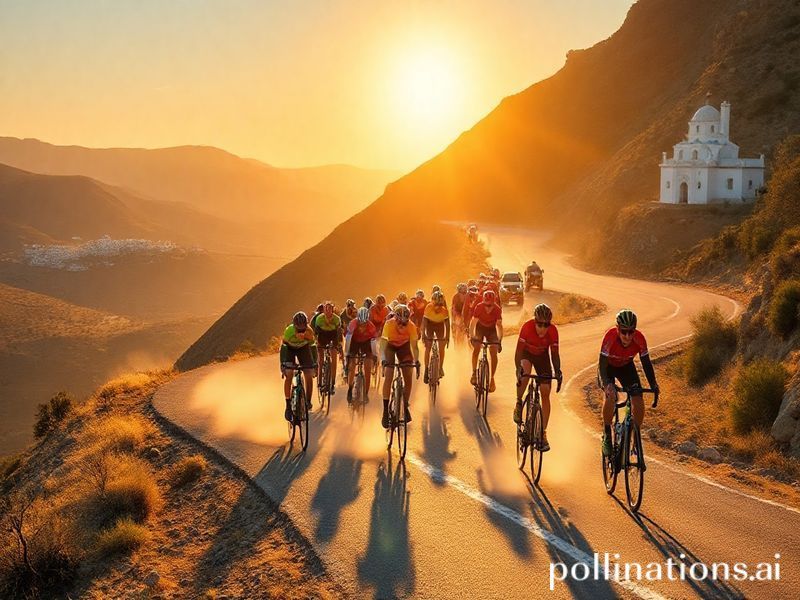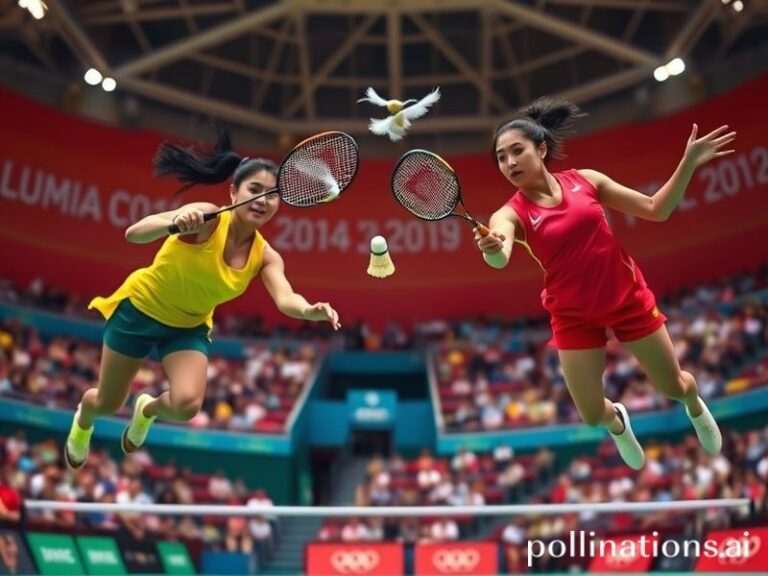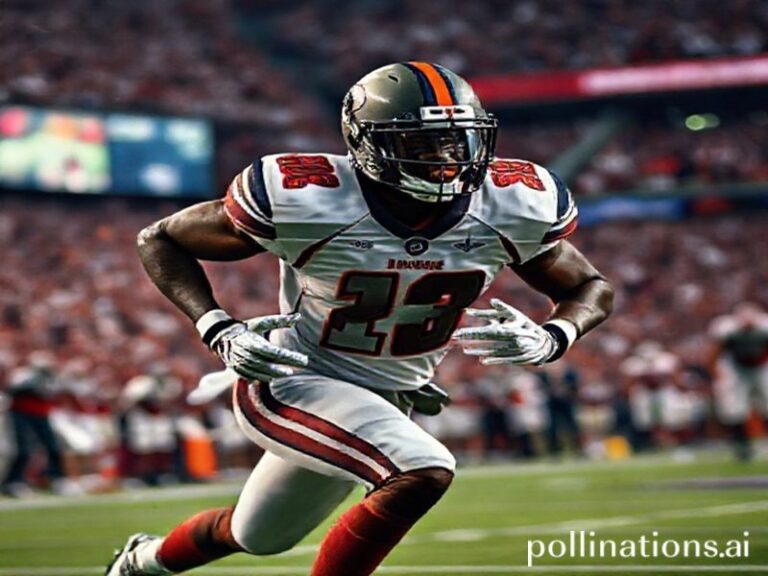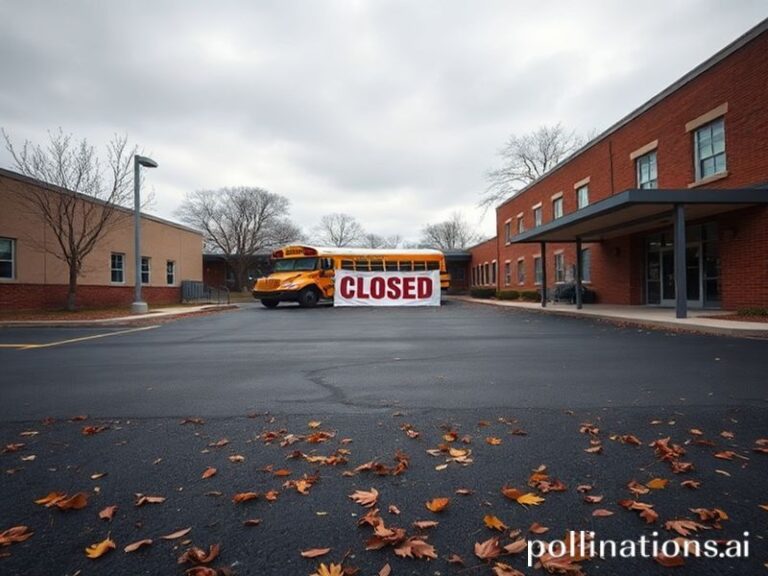vuelta espana
The Vuelta a España, the Tour’s moody younger sibling who still wears black nail polish at 35, kicked off last weekend under a sun so brutal even the asphalt looked apologetic. While the planet elsewhere debated which apocalypse to schedule next—climate, debt, or the next crypto-currency—2,000 kilometres of Iberian tarmac offered an alternate reality where the only existential question is whether your domestique remembered to stash an extra gel.
This year’s route is shaped like a Möbius strip of sadism: eight summit finishes, three time trials, and one stage that appears to have been traced by a seismograph during a panic attack. Perfect, then, for a world audience that now binge-watches economic graphs with the same masochism once reserved for Netflix documentaries on serial killers. Spain, still tidying up after its umpteenth political hung parliament, has essentially outsourced national morale to a peloton of men whose resting heart rates are lower than the country’s birth rate.
The international cast reads like a UN summit after the catering budget has been slashed. Slovenes, Colombians, Belgians, and one plucky Eritrean exchange curses in six languages when a stray bidon clatters through the spokes. Their shared dialect is wattage and despair. Meanwhile, back home, each nation’s commentators translate suffering into patriotic allegory: British pundits hear echoes of Brexit stamina, French analysts detect Cartesian strategy, and American outlets just pray someone—anyone—remembers to pronounce “Asturias” without sounding like a GPS having a stroke.
Global brands have noticed the eyeballs. You can now follow the race on a Kazakhstani streaming app whose terms-and-conditions casually grant access to your first-born’s biometric data. In return you get drone shots so crisp you can count the salt crystals on a rider’s upper lip, a small comfort while the same drones probably moonlight in military subcontracting. The sport’s sugar-daddy sponsors—petrostates, online casinos, and that cryptocurrency named after a meme of a dog wearing a monocle—have turned the roadside barriers into a scrolling stock ticker of late-capitalist anxiety.
Climate change, ever the uninvited guest, has gate-crashed the party. Stage 10 was rerouted after the original pass resembled a flambéed crème brûlée. Riders now hydrate with slushies designed by NASA and wear ice vests that make them look like prematurely defrosted turkeys. One team director, asked about the ethics of shipping 400 refrigerated vests across the Atlantic, shrugged: “The planet’s on fire anyway; we might as well keep the Pinot cold.”
Of course, the Vuelta matters beyond sunburn and spandex. It offers a rolling seminar on geopolitical soft power. Spain, still hustling for relevance between the German surplus and the French veto, broadcasts postcard vistas of empty villages where the young have fled to drive Deliveroo mopeds in Berlin. Every sweeping aerial of a medieval hilltop town is an accidental advert for rural Airbnb investments, available now with EU recovery-fund subsidies and complimentary existential dread.
Bookmakers in Manila are taking micro-bets on who will bonk first on the Angliru, a climb so vertiginous it could be marketed as assisted living for goats. Meanwhile, data scientists in Palo Alto feed power-meter numbers into machine-learning models originally designed to predict consumer diaper purchases, proving once again that humanity will happily repurpose nuclear-level computing to answer the burning question: “Is Remco going to crack?”
When the red jersey finally reaches Madrid, the winner will hoist an oversized stuffed lion—because nothing says elite athletic achievement like cuddly taxidermy—and deliver the mandatory sound bite about dreams, sacrifice, and the team. The rest of us will scroll onward to the next catastrophe, thighs mercifully unbruised, hearts slightly envious of anyone whose biggest worry is a 12-percent gradient.
And somewhere in the peloton, a domestique who spent nine stages ferrying bidons like a caffeinated stork will check his phone to find his contract hasn’t been renewed. That, too, is part of the spectacle: the small reminder that we’re all drafting in someone else’s slipstream, praying the pace doesn’t lift before the line.







